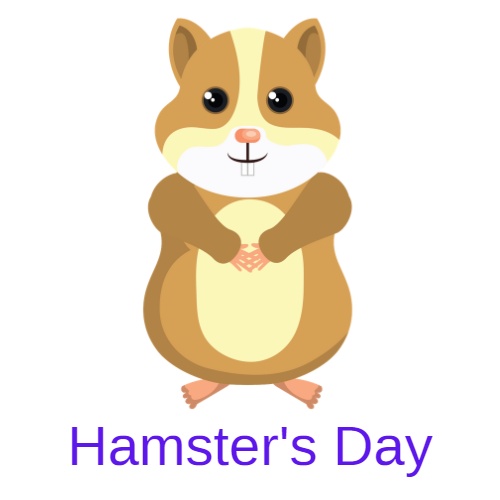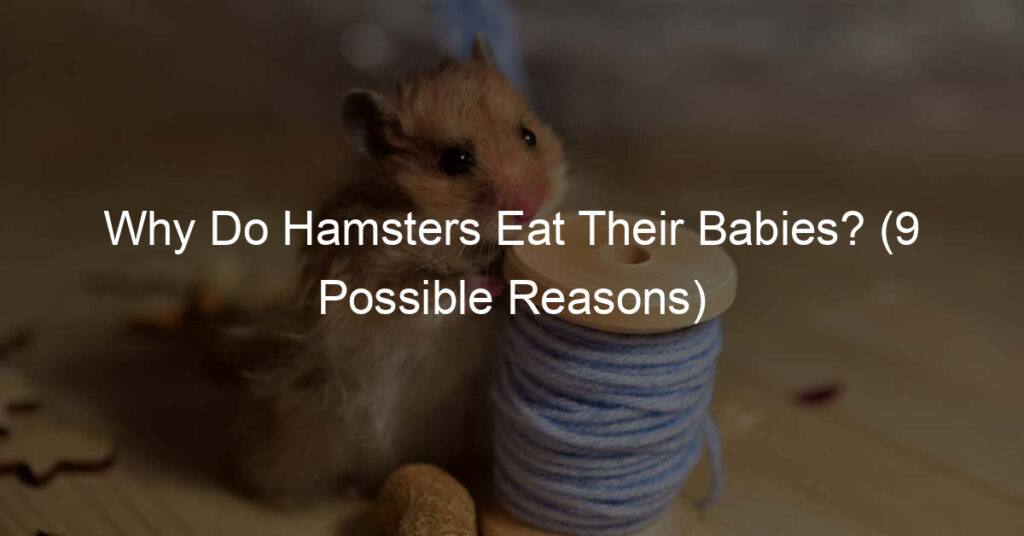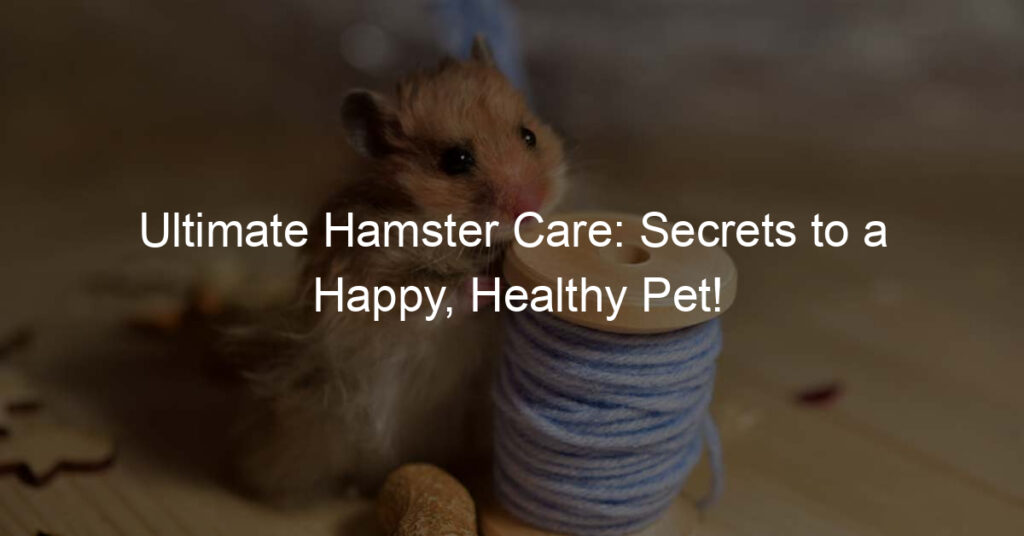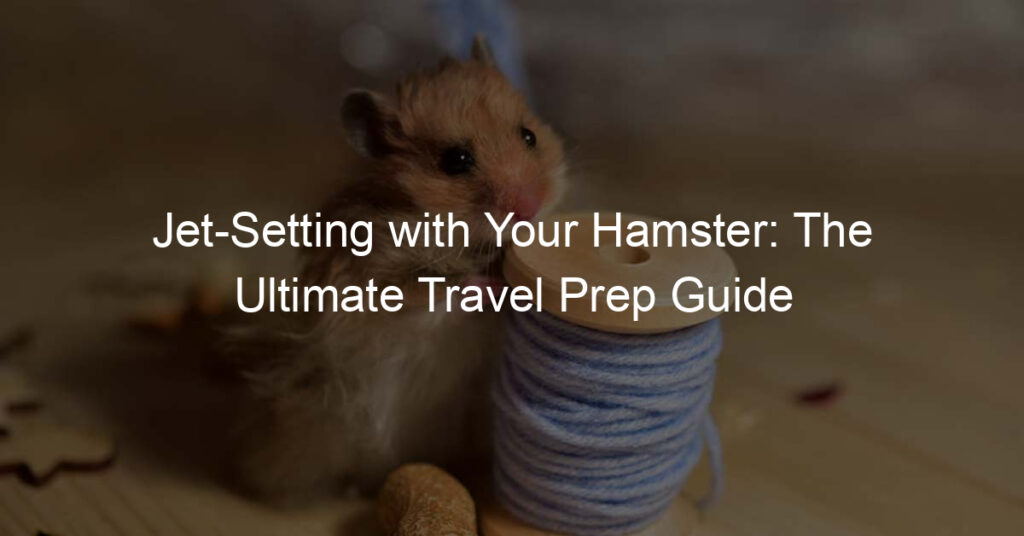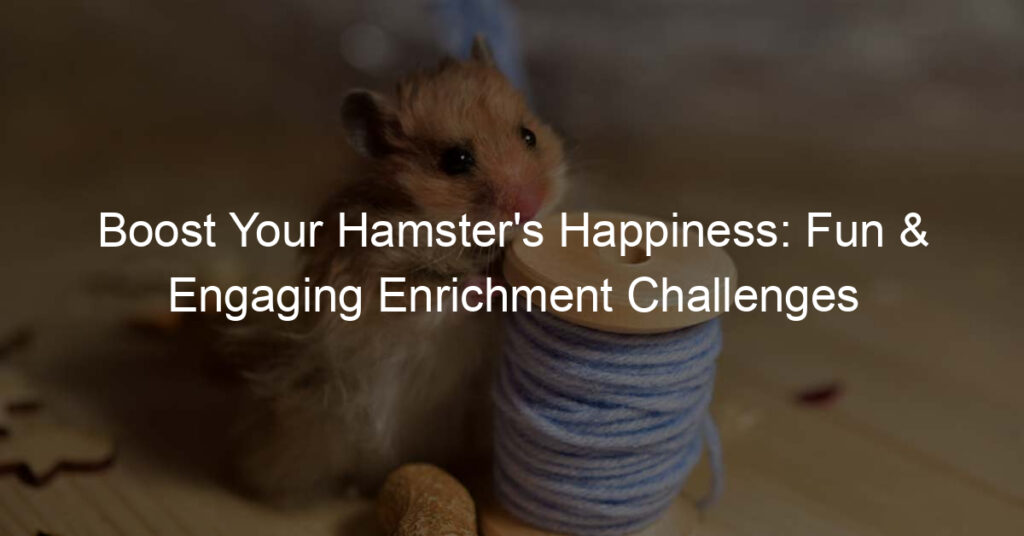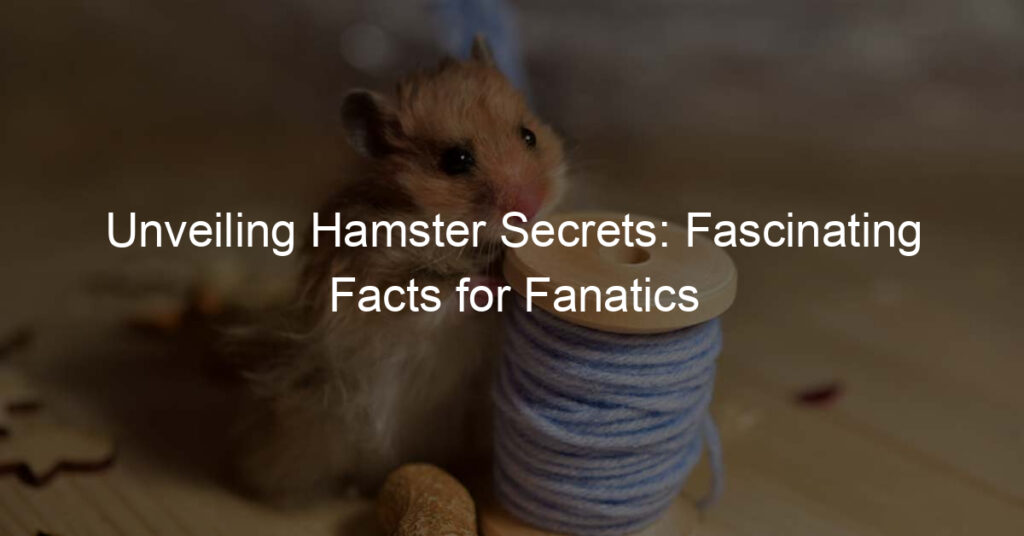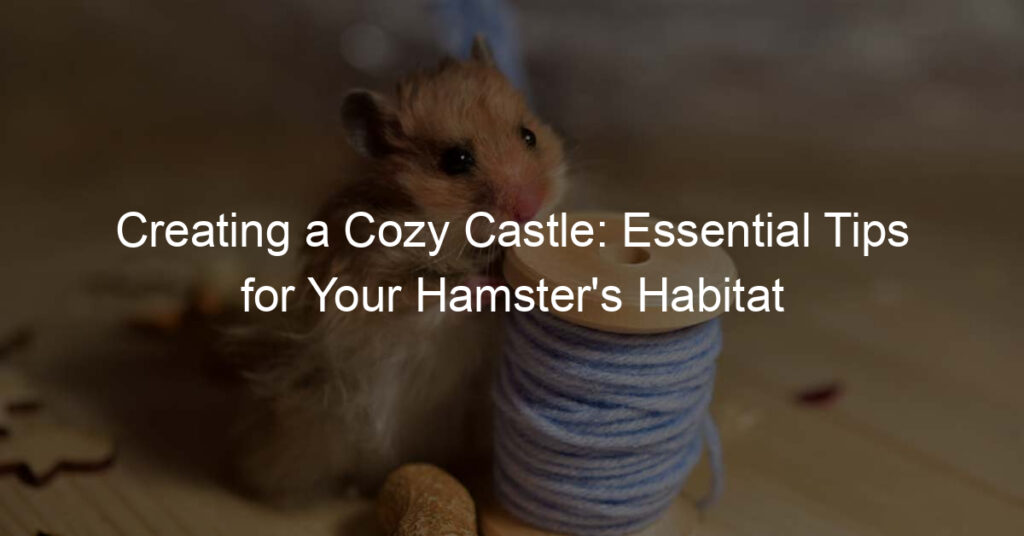Going to your hamster’s cage and seeing that they have eaten their young can be horrifying. You might end up with questions like, “why do hamsters eat their babies?” “Is it normal to do so?”
Hamsters can be perceptive and tuned in to the health of their young, yet they can also act negatively in response to stress.
So, if you find yourself in this circumstance, understand it by identifying the possible causes. The underlying cause may be stressors, specific odors, and other factors that can make the mother act out.
Let’s explore the causes of hamsters eating their babies.
Reasons Why Hamsters Eat Their Babies

1. She Has Many Pups
When a mother gives birth to more puppies than she can care for, she may be forced to make a difficult decision. She would prefer to provide complete care to a small number of babies than to see her puppies suffer.
2. Stress
A hamster under stress can start eating its young ones. It’s unclear why this occurs, but if the hamster believes the kids won’t survive, it may be a mechanism to prevent the nutrients necessary for feeding and bearing the young from being wasted.
Loud noises, excessive handling, and the overall excitement that humans may feel around a new mother hamster are all things that can stress nursing hamsters.
Some mother hamsters push the “abort” button and eat the offspring rather than caring for them when the stress of raising a batch of pups becomes too great for them.
3. The Baby Hamster Looks Weak
When there are too many hamster puppies but just a limited number of nibbles available, one or two puppies will be smaller and smarter than the others.
Once more, the mother will decide to end the little hamster’s life rather than let her suffer. In her opinion, the tiny pup is most likely to pass away. Maintaining the pup means that competition for milk and food will be higher.
4. First-Time Mother

The distress of the unfamiliar environment is why hamsters having their first litter are far more prone to consume their young.
The hamster’s body goes through changes and is flooded with hormones during pregnancy, and the entire process can be very stressful for the animal.
The mother may then continue to devour the infants once they are born because she doesn’t know what is happening.
The great news is that this occurs in fewer cases with succeeding pregnancies.
5. Рrоtесtіng the Baby Hamster frоm Dаngеr
When a predator like a snake attacks a hamster’s habitat in the jungle, the hammy doesn’t confront the predator.
Instead, their instincts will encourage them to escape. This would cause the hamster to attempt to carry most of the baby hamsters to safety.
If she possesses four pups but can only care for three, the mother can decide to kill the weakest among the baby hamsters.
6. The Cage is Very Small
Hamsters require minimal space to survive and nurture their young. In nature, if a hamster cluster becomes overpopulated, moms may devour their young to control the population.
The same thing may occur in captivity if the enclosure is too tiny. The hamster’s mom decides to consume some of her young ones because she feels that the hamsters are many for that space.
7. The Scent Has Changed
Never attempt to handle a baby animal immediately away. Baby odors are particularly noticeable to mothers.
The rejection, or worse, can result from premature handling. Although you might not know it, animals are interested in various pollutants.
It is dangerous to handle infants before they are at least three weeks old. If you touch the infant, the mother can reject it and consume it.
She might cease taking care of the entire litter, or worse. Keep visitors, other relatives, and young children at a distance until you’re ready.
8. Accidental Killing

It might not have been the hamster’s intention to eat the baby. While nursing, mother hamsters may suffocate their young. While carrying the babies in their jaws, they may kill or injure them.
They might eat their infant if they accidentally killed it to get rid of it thoroughly. The stress reaction, hormone imbalance, or intuitiveness are unrelated to this explanation. It was merely accidental; therefore, the mother is in a state of cleaning up the mess.
9. Lack of Enough Food
The fact that hamsters don’t have enough food is another factor in why they can eat their young ones.
To be ready to offer milk for her young, a mother hamster must eat more often than usual. She also requires a balanced diet containing enough protein and enough water.
Without this, she might automatically know that her diet isn’t providing her with enough nutrition to look after her pups, leading her to start eating them.
By ingesting one or two babies, she could care for those who are left. This is because it serves the dual purpose of returning essential nutrients to her body and decreasing the number of pups she must feed.
Final Word
Why do hamsters eat their babies? Well, now you know why. Although some hamsters may kill their pups intentionally, sometimes it’s not always their fault.
It might be that they hurt them when moving them around, therefore, decides to get rid of their pup’s body.
